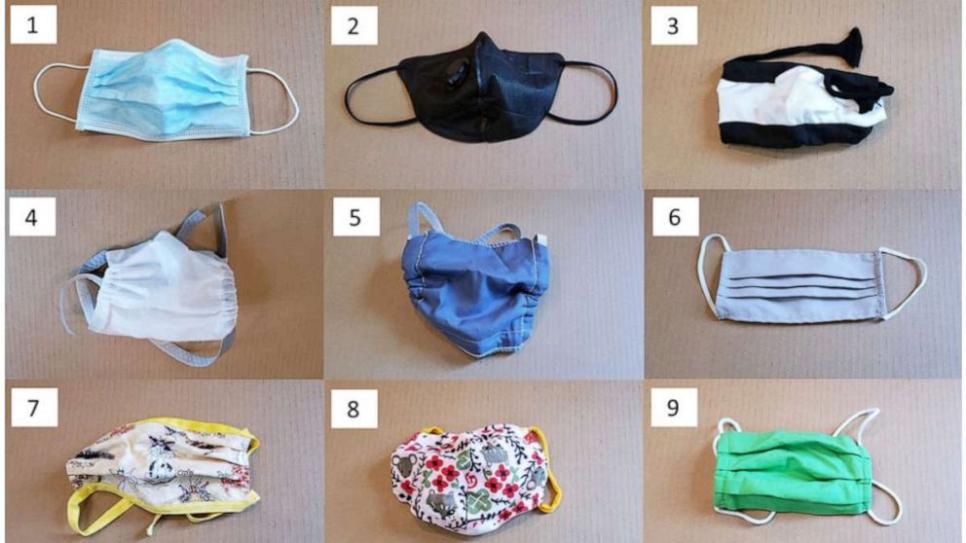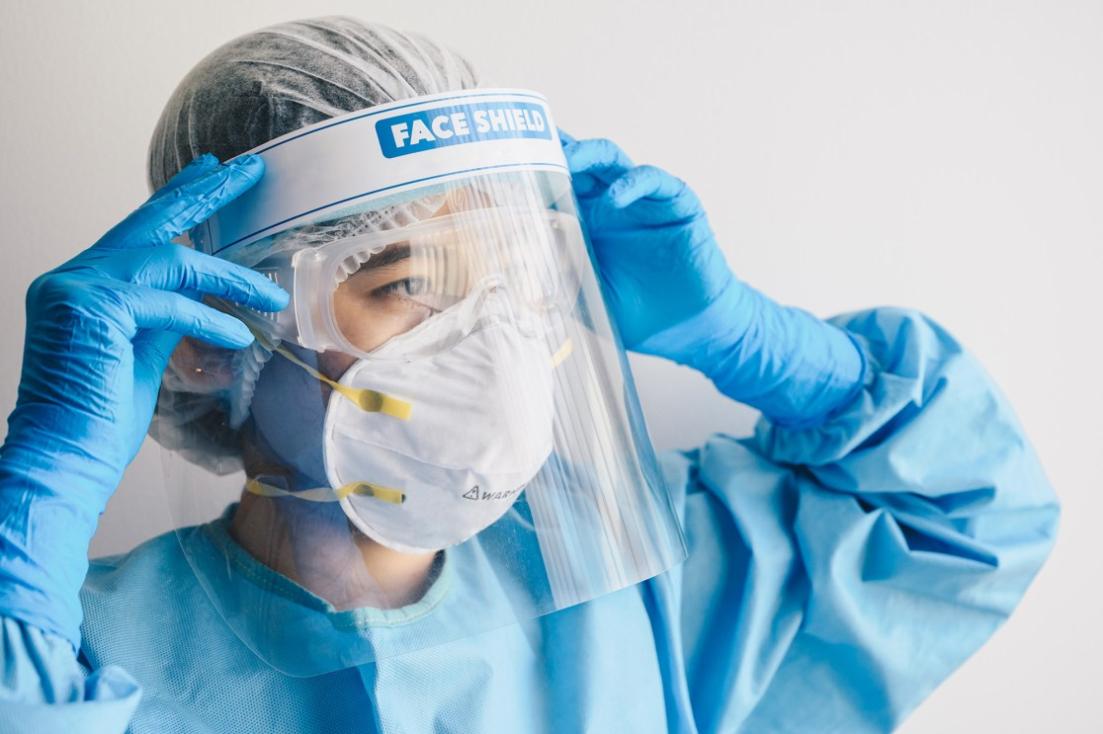The Great Mask Debate: Weighing the Evidence For and Against
The COVID-19 pandemic has sparked a heated debate about the effectiveness and necessity of mask-wearing. While some argue that masks are an essential tool for preventing the spread of the virus, others maintain that they are ineffective or even harmful. This article aims to provide an overview of the evidence for and against mask-wearing during the COVID-19 pandemic, helping readers make informed decisions about mask-wearing based on the evidence.

I. The Evidence For Mask-Wearing
Studies Supporting Mask Effectiveness
- A study published in the journal The Lancet found that mask-wearing was associated with a 50% reduction in the risk of COVID-19 infection.
- A study conducted by the Centers for Disease Control and Prevention (CDC) found that mask-wearing was associated with a 70% reduction in the risk of COVID-19 transmission in healthcare settings.
- A study published in the journal JAMA Internal Medicine found that mask-wearing was associated with a 65% reduction in the risk of COVID-19 hospitalization.
Effectiveness Of Different Mask Types
- Surgical masks: These disposable masks are effective at filtering out respiratory droplets and are recommended for use in healthcare settings and other high-risk environments.
- N95 masks: These masks are more effective at filtering out respiratory droplets than surgical masks and are recommended for use by healthcare workers and others who are at high risk of exposure to the virus.
- Cloth masks: These masks are less effective at filtering out respiratory droplets than surgical or N95 masks, but they can still provide some protection. Cloth masks are recommended for use in public settings where social distancing is difficult to maintain.
Addressing Concerns About Mask-Wearing
- Hypoxia: There is no evidence that mask-wearing causes hypoxia, or a lack of oxygen, in healthy individuals.
- Skin irritation: Some people may experience skin irritation from wearing masks, but this can be minimized by choosing a mask that fits properly and is made of a comfortable material.
II. The Evidence Against Mask-Wearing
Studies Questioning Mask Effectiveness
- A study published in the journal Pediatrics found that mask-wearing was not associated with a reduction in the risk of COVID-19 infection among children.
- A study conducted by the CDC found that mask-wearing was not associated with a reduction in the risk of COVID-19 transmission in schools.
Potential Negative Consequences Of Mask-Wearing
- Decreased oxygen levels: Some studies have shown that mask-wearing can lead to slightly decreased oxygen levels, but this is typically not a problem for healthy individuals.
- Difficulty breathing: Some people may experience difficulty breathing while wearing masks, especially if they have respiratory conditions such as asthma or COPD.
- False sense of security: Some people may believe that wearing a mask makes them invincible to COVID-19, leading them to take other precautions less seriously.
Arguments Against Mask Mandates
- Government overreach: Some people argue that mask mandates are a form of government overreach and that individuals should have the freedom to choose whether or not to wear a mask.
- Control: Some people believe that mask mandates are a way for the government to control people's behavior and limit their freedom.
Weighing The Evidence
The evidence for and against mask-wearing is complex and often contradictory. Some studies have shown that mask-wearing can be effective in reducing the spread of COVID-19, while other studies have found no such benefit. There is also evidence that mask-wearing can have some negative consequences, such as decreased oxygen levels and difficulty breathing. Ultimately, the decision of whether or not to wear a mask is a personal one that should be made after considering the evidence and weighing the potential benefits and risks.
The debate over mask-wearing is likely to continue for some time. As new evidence emerges, it is important to stay informed and make decisions about mask-wearing based on the best available information. In the meantime, it is important to respect the decisions of others, whether they choose to wear a mask or not.

YesNo

Leave a Reply